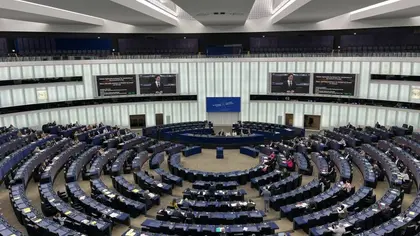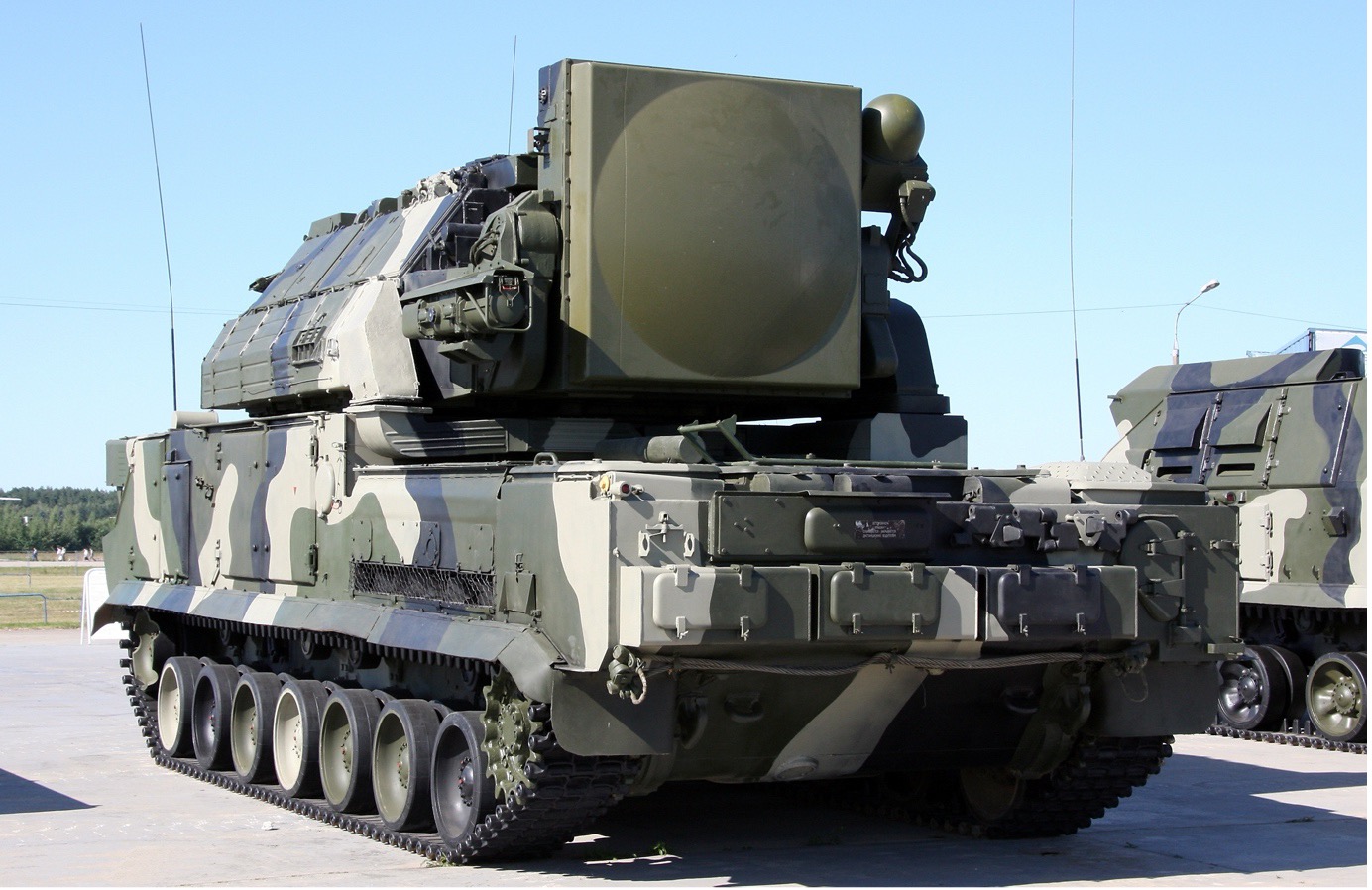The Parliamentary Assembly of the Council of Europe (CoE) unanimously adopted a resolution on Tuesday (16 April) calling for frozen Russian assets to be transferred to a new fund to reconstruct Ukraine and compensate victims.
The Russian government should be held responsible for compensating the human and material losses incurred and “its destruction of Ukraine”, rapporteur for the file, Lulzim Basha (Albanian Democratic Party, EPP) said upon opening of the body’s session.
JOIN US ON TELEGRAM
Follow our coverage of the war on the @Kyivpost_official.
Basha’s resolution, adopted with 134 votes in favour and no abstentions or opposition, states the seized Russian assets should be used to compensate natural and legal persons for damages caused by Russia’s acts that have accompanied its illegal invasion.
“Today we vote to endorse the establishment of an International Compensation Mechanism, under the auspices of the Council of Europe, to comprehensively address the damages incurred by natural and legal persons concerned […] due to the unlawful actions of the Russian Federation in its invasion of Ukraine,” Basha said.
The mechanism, he said, would be given the authority and capacity to receive and review claims from Ukraine and other damaged parties — public and private — and distribute appropriate compensation for such claims in line with internationally agreed standards and procedures.

Don’t Say Purge: One More Russian General Arrested on Corruption Charges
It would complement the register of damage caused by Russia’s aggression against Ukraine, already created by the body
“Third states, that is, states that have not been directly injured by the offending state’s conduct, are permitted by international law to take collective countermeasures against the offending state, in this case Russia, for grave breaches of its obligations,” Basha said.
Russia has received plenty of warnings and requests to desist “It is overdue to take the next step”, the rapporteur noted, calling on CoE member states to cooperate fully with the prompt transfer of assets to the mechanism and fund.
‘Weapons, not words’
Lord George Faulkes, a parliamentary member from the UK said it is necessary to spend more money on arms and military assistance to Ukraine before considering the reconstruction and reparations matter.
“London has been the playground of Russian oligarchs for a long time, getting the nickname “Londongrad”. While our foreign secretary has made some really positive statements, there has been a delay in implementing them, being held back by financial institutions, the city of London and its reputation,” he said.
Before the vote, PACE President Theodoros Rousopoulos told parliamentarians that “Ukraine needs our support and not just words – it needs right now the vital munitions which will allow it to continue to defend itself, to defend us all and to defend the most fundamental right of all laid down in the European Convention on Human Rights – the right of people to life.”
Ruslan Stefanchuk, speaker of the Ukrainian parliament, told the plenary Ukraine needs to receive the same amount of weapons that Russia does if it is to stand a chance of winning the war.
“Russia receives artillery shells and ballistic missiles from North Korea in addition to drones from Iran…To defend itself, Ukraine must have a proportionate quantity of weapons, particularly air defence systems.”
Ukraine says it needs some 25 Patriot air defence systems to fully protect itself, a far cry from the three to five it has currently.
Ukraine’s Foreign Minister Dmytro Kuleba said Kyiv has identified some 100 systems around the world with some countries using two to guard just one airport.
EU to use windfall profits by summer
EU’s chief diplomat Josep Borrell in late March tabled a proposal to see 90% of revenues from Russian frozen assets in Europe, transferred to the European Peace Facility (EPF) and into the newly created Ukraine Assistance Fund (UAF).
Under the proposal, which awaits approval from EU member states, most of the future profits would be used to buy weapons for Ukraine’s armed forces.
The remaining 10% would be withheld and transferred to the EU budget and used to boost the Ukranian defence industry.
EU member states on Monday (15 April) were close to a deal, with EU diplomats saying last outstanding technical issues remained to be solved, with the aim for the bloc to use the profits by June.
Separately, G7 ministers this week, pressed by Washington, are expected to discuss the idea of confiscating the reserves in their entirety and transferring them to Ukraine
You can also highlight the text and press Ctrl + Enter






